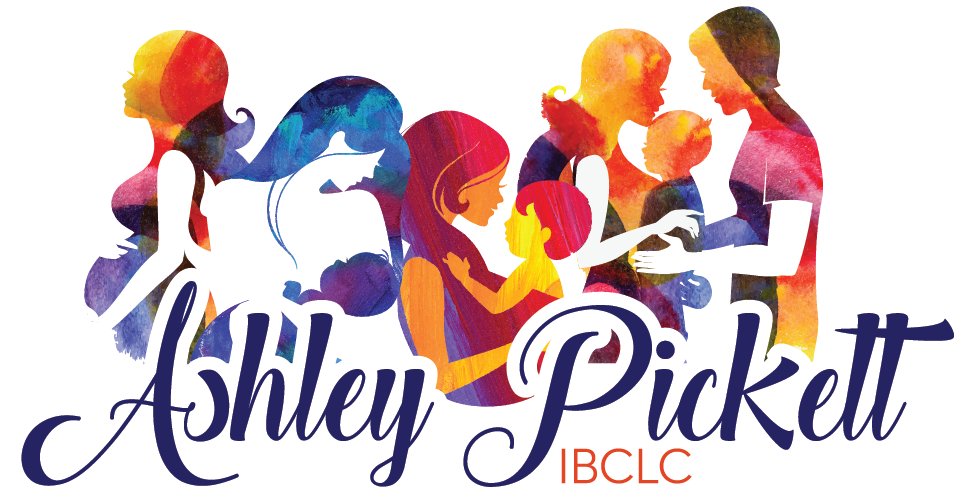Feeding babies at night is OK, regardless of what doctors might say!
Understanding Nighttime Breastfeeding
Recently, someone asked about the nighttime breastfeeding needs of their 8-month-old. They were told by their doctor that at this age, nighttime feedings are unnecessary and not nutritious. This advice, while common, raises questions about its origins. It seems to be influenced more by personal opinions and parenting experiences than by medical research or training.
Here’s my take on the topic…
The Reality of Nighttime Feeding
Nighttime breastfeeding is a nuanced issue. In my three-hour class on the subject, I delve deeply into this it, but here’s a brief overview. At 8 months old, it’s perfectly normal for babies to wake up 1-4 times during the night to feed, at times. For some, it might be more frequent! Typically, they’ll wake, eat, and go right back to sleep without prolonged wakefulness. It’s uncommon for them to stay awake for hours at a time every night, though it might happen occasionally.
The Case for Safe Bedsharing
Many families find that bedsharing is a practical solution around this age. When parents and babies share a bed, the nighttime feedings are more convenient and less disruptive, which can lead to better sleep for everyone involved. For lots of families, sharing nighttime sleep is also comfortable, connecting and parents who are working outside of the home find it a wonderful time to get that ‘skin food’ in and reset before the next day! Look up the Safe Sleep Seven to self-assess whether you’re a good fit for sharing sleep.
Maintaining Milk Supply
For as long as you want to maintain your milk supply, it’s important to feed on demand. Deciding when your baby should or shouldn’t eat could inadvertently reduce your milk supply, as breastfeeding operates on a supply-and-demand basis. While some 8-month-olds might not need nighttime feedings, others might require them. And just as some parents bodies may not need nighttime milk removals to keep supply, others will see a reduction in milk production when more than 4 hours pass between any feedings. Only your baby can truly determine their needs, and they will cue for feedings in a way that protects your production. Its OK to trust them!
The Benefits of Nighttime Breastfeeding
Breast milk provides more than just nutrition—it’s also a source of comfort and stress reduction for your baby. True self-soothing, as often discussed in parenting literature, develops as babies grow, particularly around the second year of life when their prefrontal cortex matures. Until then, babies typically need external support to manage stress and distress. It is called co-regulation, and relies on a regulated adult caregiver to help soothe and calm with them.
Challenging Perspectives
It’s essential to challenge outdated behaviorist approaches to nighttime parenting. Modern research, including work from infant mental health promotion teams and developmental psychologists, supports the idea that nighttime breastfeeding is a natural part of human development and that responsive parenting fosters secure attachments. Meeting our children’s needs when they ask for support at any time of day is healthy, even when it feels really really hard. Instilling trust - trust that you will be there when they need you - if a gift that leads to resiliency, empathy, and eventually their ability to discern whether they need help or can handle it on their own!
Finding Balance
If you’re struggling with sleep, there are ways to manage your own rest without disrupting your baby’s needs. Responsive parenting and understanding your baby’s natural rhythms can coexist with strategies to ensure everyone gets the rest they need. If you are exhausted, prioritize sleep!! Nap with your baby, sleep in the car if baby falls asleep too, go to bed earlier - especially if you baby sleeps great from 8pm until 1am and then is up the rest of the night! take advantage of time to sleep, and choose rest over tasks whenever possible. Ask for help, hire a babysitter for an hour so you can rest, share “nap-focused play dates” with friends where one of you sleeps and the other watches both babies - use your community and get creative!
Keep Going Strong
In conclusion, your baby’s nighttime feeding needs are normal, and the benefits of breastfeeding extend beyond nutrition. You haven’t caused their sleep patterns, you simply have the a baby with a temperament to work with. Learning what soothes and calms your baby and using those tools on repeat so they can learn the skill of settling by being shown, lead to lkong-term learning.
If you are unsure of your options to help your family get more sleep, book a sleep consultation and let Ashley help you understand the various pathways and tools available that respect your baby’s needs for co-regulation while finding ways to meet your own needs for sleep!
PARENT ON!!
